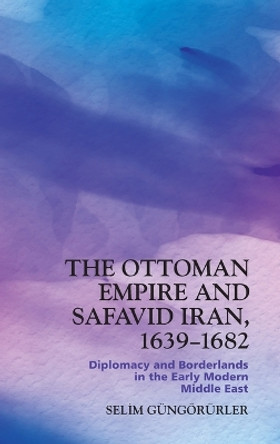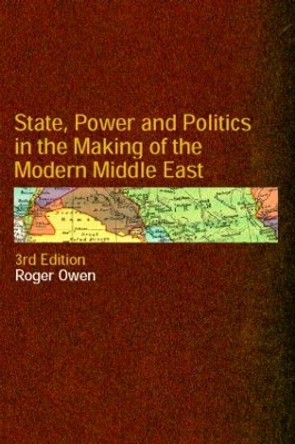Description
New environmental history of borders and empire in the Middle East that centers locusts and people in motion from c1858-1939.
About the Author
Samuel Dolbee is an assistant professor in the Department of History at Vanderbilt University.
Reviews
'It turns out that the locust can speak and Samuel Dolbee tells us how. Grounded firmly in the fertile intersection of Ottoman, post-Ottoman and environmental studies, this book demonstrates how human-pesticide relationships shaped the transformation of Ottoman Jazira: from 'desert' to agricultural land; from a place for the sedenterization of nomads to one for the forced nomadization of sedentary populations for genocidal purposes, and how the same land then became parts of post-Ottoman Turkey, Iraq, and Syria. It will become a classic and deservedly so.' Lerna Ekmekcioglu, Massachusetts Institute of Technology
'In this deeply empirical and eloquent book, Samuel Dolbee offers a history of a part of the Middle East that scholars have missed (or ignored)-the Jazira. Following Dolbee following locusts across this landscape opens up modes of political and environmental analyses that point the way for future studies.' Alan Mikhail, Yale University
Book Information
ISBN 9781009200356
Author Samuel Dolbee
Format Paperback
Imprint Cambridge University Press
Publisher Cambridge University Press
Weight(grams) 495g
Dimensions(mm) 229mm * 152mm * 19mm







